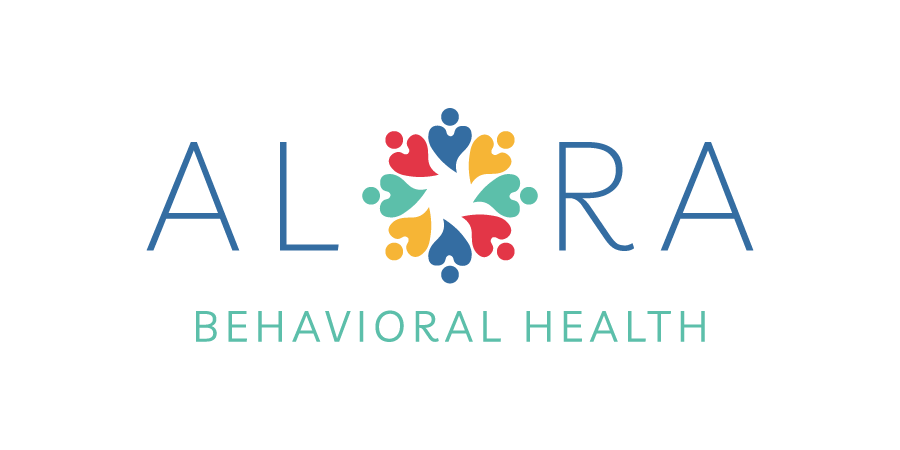Applied Behavior Analysis (ABA) therapy is a leading treatment, aimed at helping individuals with autism and other special needs improve social, communication, and learning skills. While the therapists play a crucial role, the engagement of family members, particularly parents and siblings, can significantly amplify the therapy’s effectiveness. This blog explores the vital role families play in ABA therapy and offers practical tips for enhancing therapy outcomes through active involvement.
The Impact of Family Involvement
Family involvement in ABA therapy isn’t just beneficial; it’s transformative. When parents and siblings participate in therapy sessions, they learn firsthand the strategies that therapists use. This understanding allows these techniques to be reinforced at home, creating a consistent environment for learning and growth. Moreover, when the entire family is involved, the individual receiving therapy often feels more supported, secure, and motivated to engage in the therapeutic activities.
Practical Tips for Family Engagement
1. Participate in Sessions: Whenever possible, family members should try to participate in therapy sessions. This can help you understand the specific strategies being employed and how you can implement them at home.
2. Consistent Home Practice: Consistency is key in ABA therapy. Parents and siblings should strive to apply the same principles and techniques at home that the therapist uses during sessions. This might involve structured play activities, consistent reward systems, or specific communication strategies.
3. Education and Training: Many ABA therapy providers offer training sessions for families. These can be incredibly beneficial as they equip family members with the knowledge and skills needed to support therapy goals effectively.
4. Regular Communication with Therapists: Keep an open line of communication with the therapist. Regular updates on progress, as well as any challenges faced at home, can help tailor the therapy to better suit the individual’s needs.
5. Involving Siblings: Siblings can be great allies in ABA therapy. They can help reinforce behaviors and skills through play and everyday interactions. Including siblings in some therapy sessions can also help them understand their brother’s or sister’s challenges and how they can support them.
6. Creating a Supportive Environment: Beyond specific techniques, creating a supportive and understanding home environment is crucial. This includes being patient, celebrating small victories, and providing a structured and predictable environment.
Benefits of Family Engagement
The benefits of family engagement in ABA therapy extend beyond improved outcomes for the individual undergoing therapy. Families often experience closer bonds as they work together towards a common goal. Parents and siblings may also find a greater sense of empowerment and competence in their ability to positively impact their loved one’s development.
The success of ABA therapy is significantly enhanced by the involvement of family. By engaging in the therapy process, families not only help reinforce learning and development but also create a nurturing environment that supports lasting growth. Remember, in ABA therapy, a family’s role is not just supportive; it’s active and essential. Each family member’s participation can be a powerful catalyst for positive change.
If you’re a parent or sibling involved in ABA therapy, remember that your role is pivotal. Embrace it with enthusiasm, and see how your active participation can lead to remarkable progress and rewarding experiences for your entire family.


